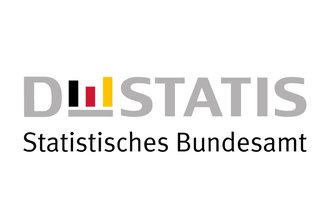Reports & other mobility data resources
Here you can find an overview of the most relevant mobility studies in Germany with continually updated reports as well as an overview of helpful resources in the thematic context of COVID-19.
Key German mobility surveys
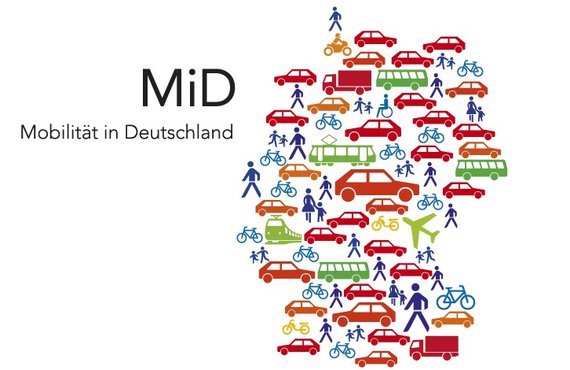
Mobilität in Deutschland (MiD)
Mobilität in Deutschland (MiD) is a nationwide survey of households on their everyday transport behaviour commissioned by the Federal Ministry of Digital Affairs and Transport (BMDV). It was already surveyed in 2002, 2008 and 2017. The current survey will be conducted from December 2022 until probably early 2024. The results will be available from the end of 2024.
Time reference: 2002, 2008, 2017, (...) 2023
Various data packages available via “Clearingstelle Verkehr” (Rene Kelpin, clearingstelle-verkehr@dlr.de)
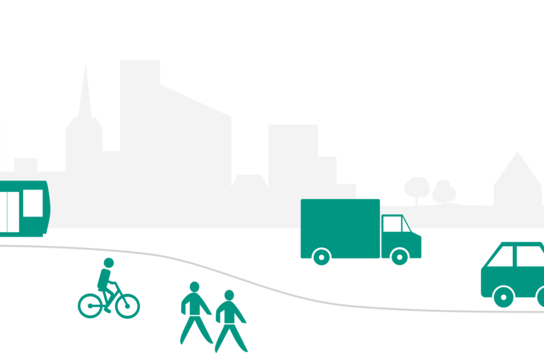
Deutsches Mobilitätspanel (MOP)
Deutsches Mobilitätspanel (MOP) has been collecting information on the German traffic situation and the mobility behaviour of the population every year since 1994 - for example, about when, for what and with which means of transport people in Germany travel. For this purpose, households are surveyed about their mobility behaviour in everyday life and about their car use. With this information, they provide an important contribution to the sensible design of transport systems.
Time reference:
1994 - 2022, (...)
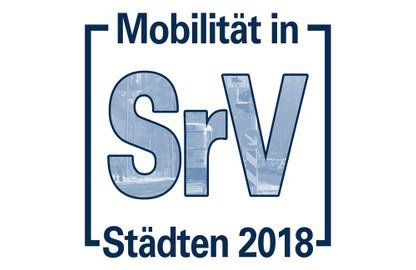
Mobilität in Städten - SrV
The traffic survey “Mobilität in Städten”, founded in 1972 as the "System of Representative Traffic Surveys (SrV)", serves to determine mobility parameters of the urban residential population. On the one hand, important databases for municipal transport planning are regularly updated and analysed on the basis of a uniform survey design. On the other hand, cross-city trends in traffic development and its boundary conditions can be researched using large samples.
Time reference:
1972, 1977, 1982, 1987, 1991, 1994, 1998, 2003, 2008, 2013, 2018, (...) 2023
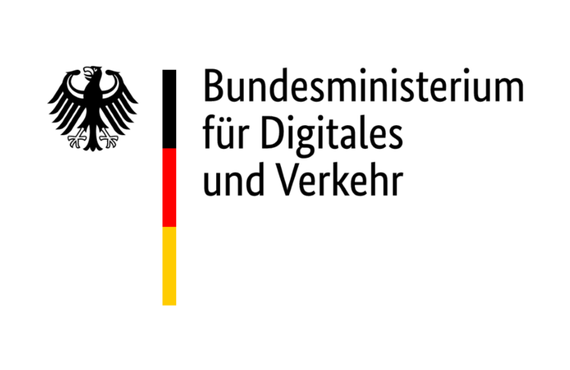
Mobilithek
The Mobilithek - provided by the BMDV - is a platform that offers access to open mobility data in Germany and enables the B2B exchange of data offers.
Note: From mid-2022, the other data platforms provided by the BMDV - Mobilitäts Daten Marktplatz(MDM) and the open data portal mCLOUD - will gradually merge into the Mobilithek and will cease operations by the end of 2023 at the latest. Until then, the Mobilithek will build on the two platforms.
Time reference: various
COVID-19 databases

Robert-Koch-Institute (RKI): COVID-19 Data Hub
The COVID-19 Data Hub is a collaboration portal operated by Esri and managed by the RKI, which provides a data platform, analysis tools and dashboards. It provides data on the COVID-19 pandemic for authorities, the press and the general public. The data can be integrated into scripts or own applications via APIs. Furthermore, they can also be downloaded directly in various data formats. In addition, ready-made applications are provided, such as the RKI COVID-19 dashboard, the WHO dashboard or the intensive care bed register.

MOBICOR Panel Study
Corona has changed mobility in Germany. But what exactly has happened and how lasting are the changes that can be observed? In cooperation with the Social Science Research Center Berlin (WZB) and on the basis of funding from the Federal Ministry of Education and Research (BMBF), the MOBICOR study investigates these questions nationwide with the new survey-based mobility panel MOBICOR.
Time reference:
January 2020 - ongoing
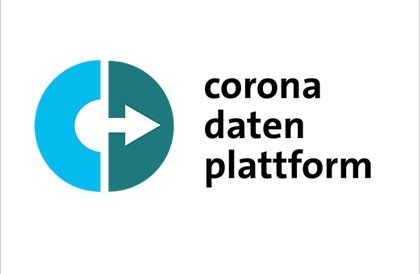
Corona Datenplattform
Continuous record of regional Covid-19 measures since 1 March 2020 in combination with epidemiological and socio-economic variables and their analytical evaluations. The data collection is continuously maintained and expanded. The collection entails a compilation of baseline data, recording of mitigation measures at the regional level and over time, data review and evaluation, and the preparation of analyses to estimate the effects of mitigation measures and in economic activity.

COVID-19 Mobility Project (Charité Berlin)
The Covid-19 Mobility Project studies movement flows obtained from anonymized mobile phone data. By looking at mobility the project can measure how the population reacts to the pandemic, what the effects of different measures are, and use computer models to estimate how this will affect the pandemic.

COVID-19 Simulator
The aim of this project CoSim is the development of a mechanistic mathematical model to simulate COVID-19 infections including hospital bed occupancy, intensive care unit (ICU), ventilation and death rates in the individual German states and the estimation of non-pharmaceutical interventions (NPI, e.g. school closure) over time.
The model is intended to simulate the further course of infections (including hospital occupancy, ICU, ventilation, death rates) and various scenarios (e.g. lifting of curfew).
The model is fitted to current data at regular intervals (once a week). New forecasts for all federal states will be provided as a PDF report.

